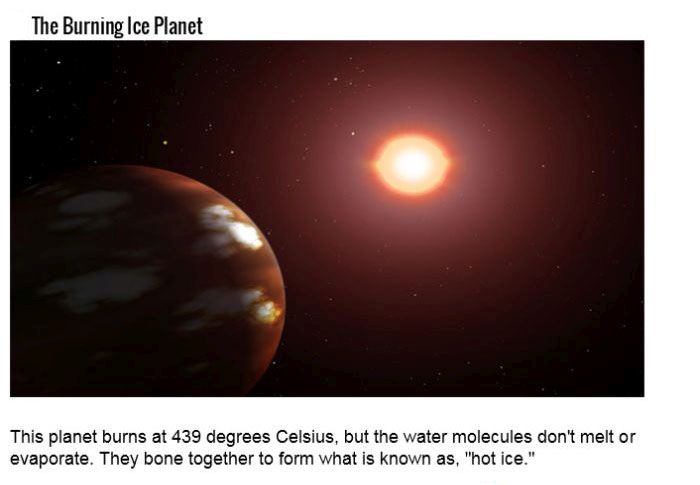|
|
Interesting Facts About Universe
|
Einstein's field equations include a cosmological constant (Λ), that corresponds to an energy density of empty space. Depending on its sign, the cosmological constant can either slow (negative Λ) or accelerate (positive Λ) the expansion of the universe. Although many scientists, including Einstein, had speculated that Λ was zero, recent astronomical observations of type Ia supernovae have detected a large amount of "dark energy" that is accelerating the universe's expansion. Preliminary studies suggest that this dark energy corresponds to a positive Λ, although alternative theories cannot be ruled out as yet. Russian physicist Zel'dovich suggested that Λ is a measure of the zero-point energy associated with virtual particles of quantum field theory, a pervasive vacuum energy that exists everywhere, even in empty space. Evidence for such zero-point energy is observed in the Casimir effect.
• Special relativity and space-time
The universe has at least three spatial and one temporal (time) dimension. It was long thought that the spatial and temporal dimensions were different in nature and independent of one another. However, according to the special theory of relativity, spatial and temporal separations are interconvertible (within limits) by changing one's motion.
To understand this interconversion, it is helpful to consider the analogous interconversion of spatial separations along the three spatial dimensions. Consider the two endpoints of a rod of length L. The length can be determined from the differences in the three coordinates Δx, Δy and Δz of the two endpoints in a given reference frame
|
|









